By Type (6)
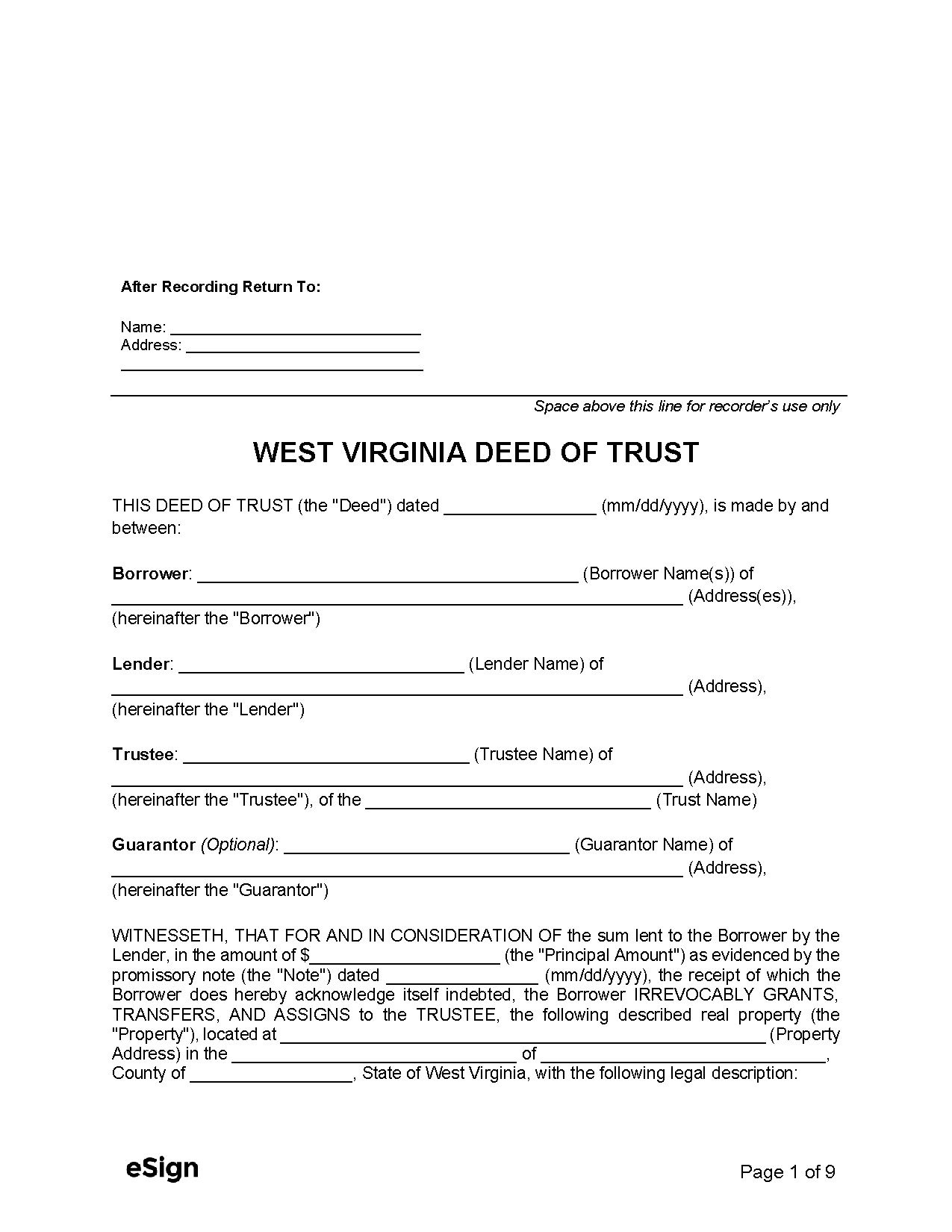 Deed of Trust – Secures a loan by transferring the borrower’s title to a trustee until their debt is settled. Deed of Trust – Secures a loan by transferring the borrower’s title to a trustee until their debt is settled.
|
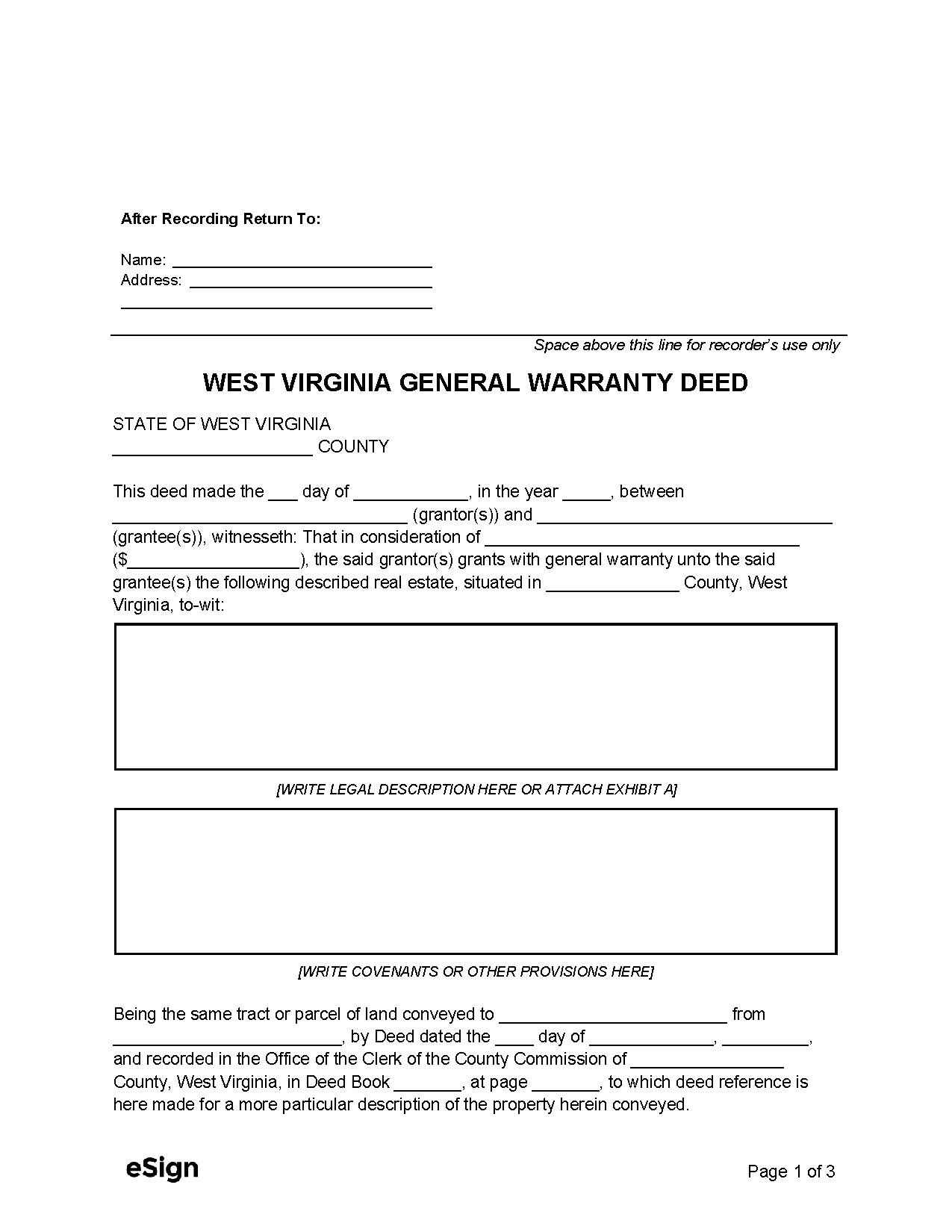 General Warranty Deed – Warrants that the grantor holds title and will defend it against current and past claims. General Warranty Deed – Warrants that the grantor holds title and will defend it against current and past claims.
|
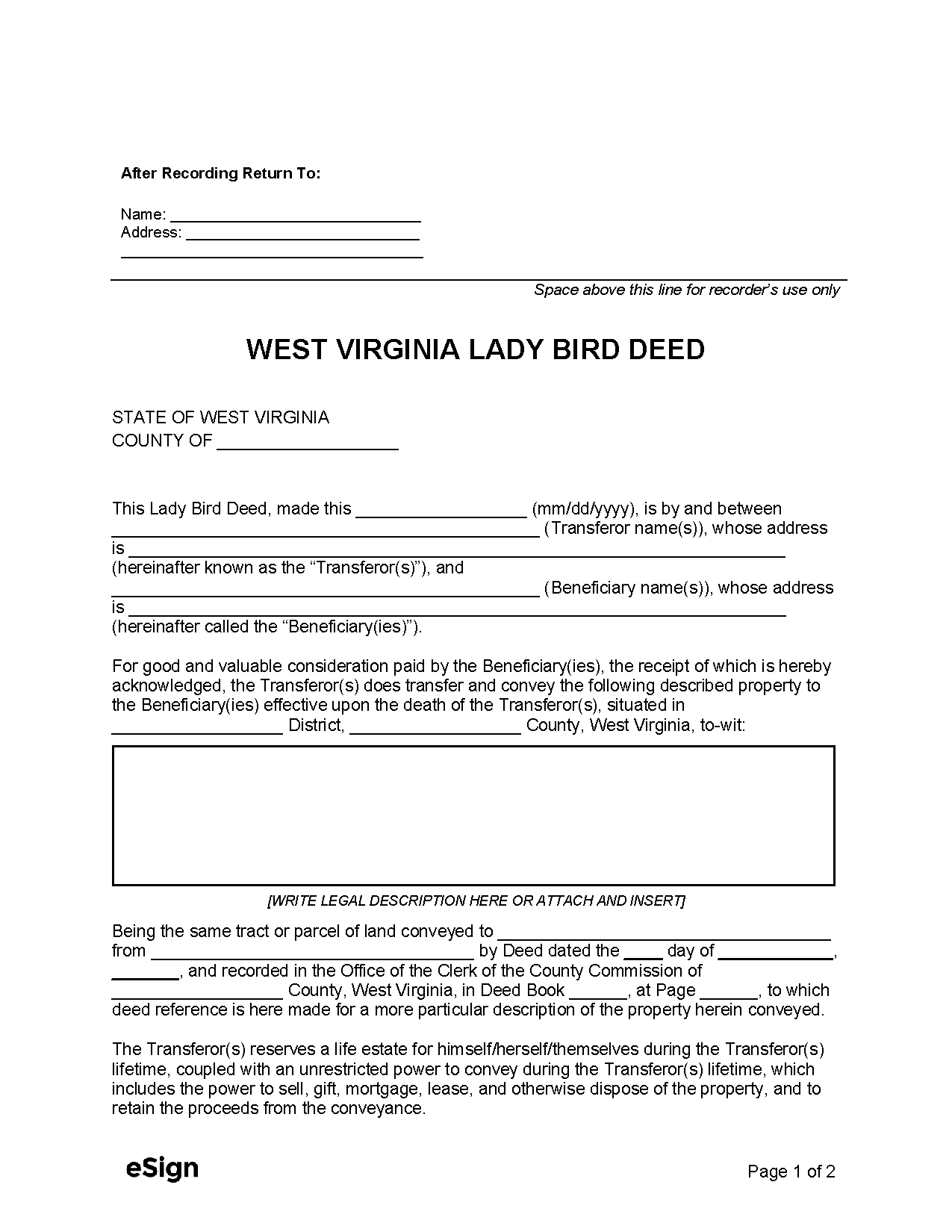 Lady Bird Deed – Names one or more beneficiaries to inherit property after the owner dies. Lady Bird Deed – Names one or more beneficiaries to inherit property after the owner dies.
|
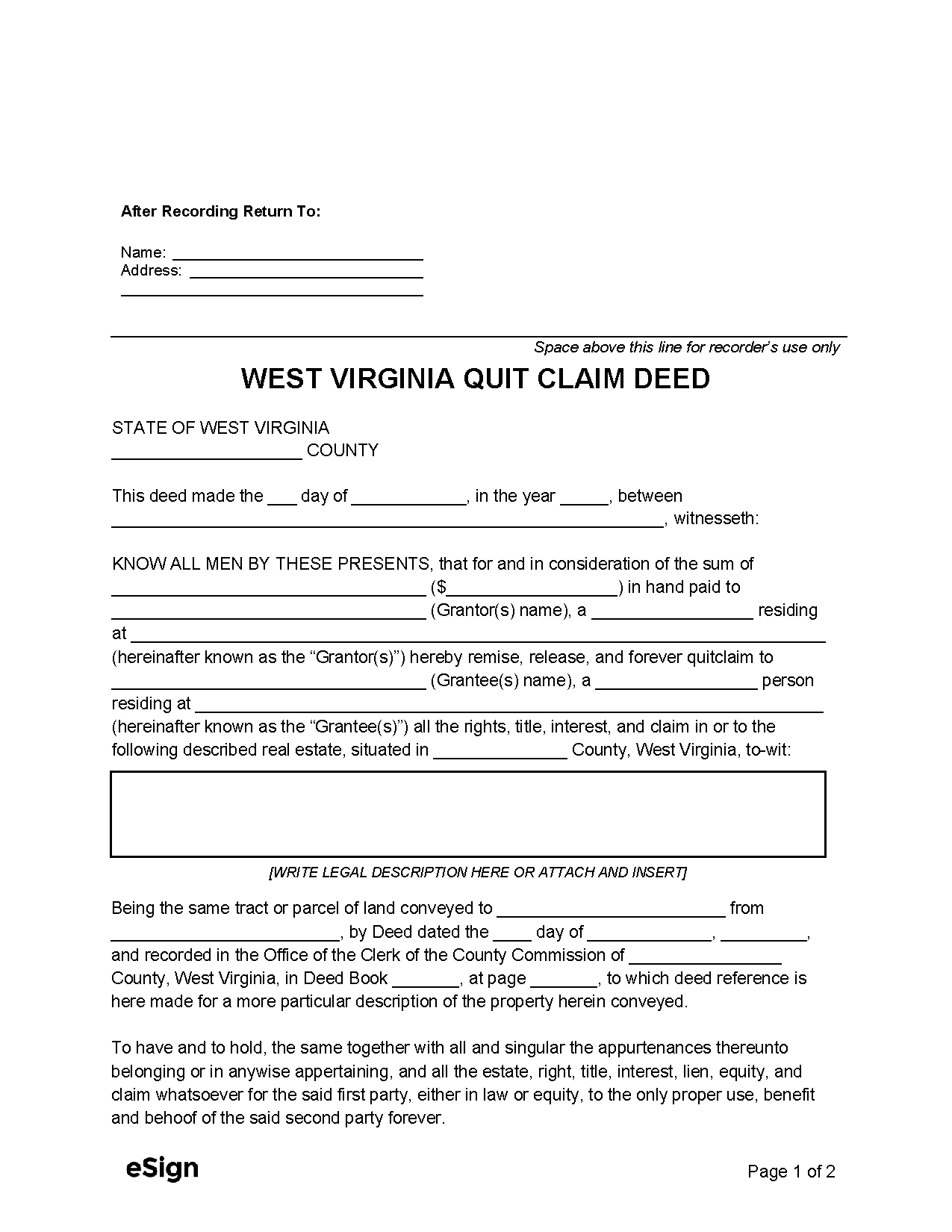 Quit Claim Deed – Provides no assurances about the title or the validity of the grantor’s right to transfer. Quit Claim Deed – Provides no assurances about the title or the validity of the grantor’s right to transfer.
|
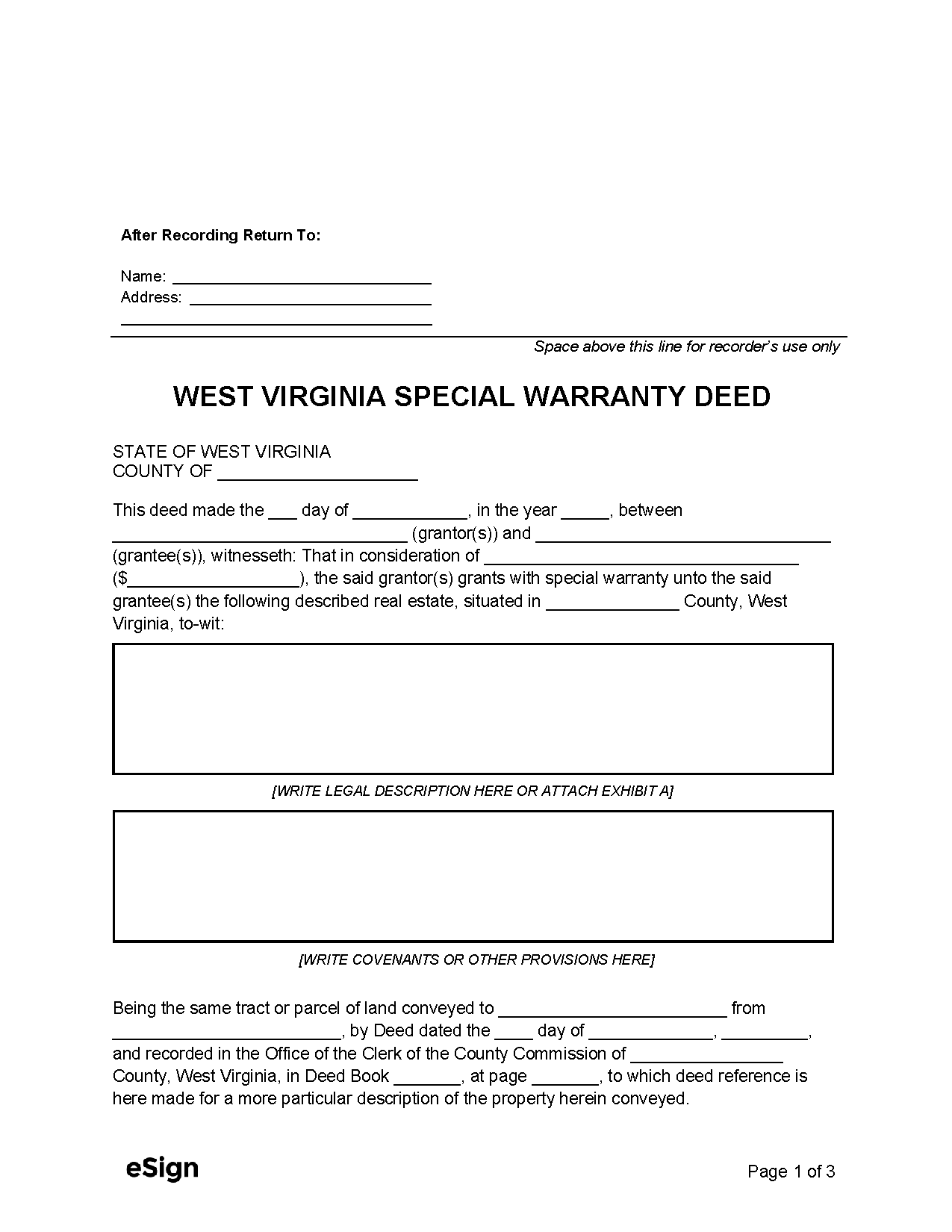 Special Warranty Deed – Guarantees no title claims arose while the grantor held title, but makes no promises about prior ownership periods. Special Warranty Deed – Guarantees no title claims arose while the grantor held title, but makes no promises about prior ownership periods.
|
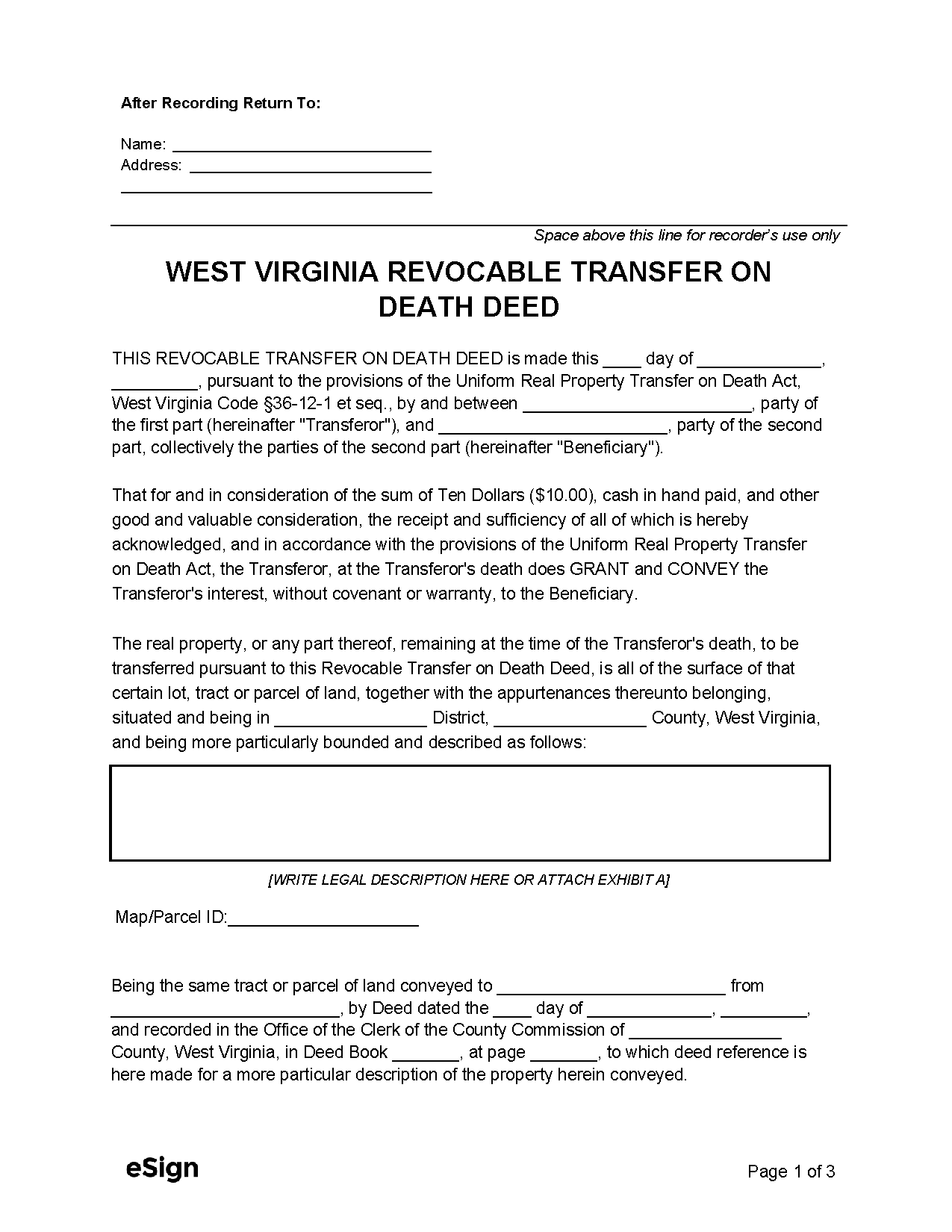 Transfer on Death Deed – Allows property to be conveyed (without warranty) to a beneficiary upon the owner’s death. Transfer on Death Deed – Allows property to be conveyed (without warranty) to a beneficiary upon the owner’s death.
|
Recording
Signing Requirements – The grantor’s signature must be notarized.[4]
Where to Record – Completed deeds are recorded with the County Clerk’s Office.[5]
Cost – Around $32 for the first five pages, plus $1 for each additional page (as of this writing)[6]
Additional Forms
Declaration of Consideration or Value Statement – For conveyances subject to transfer tax, this declaration must be attached to the deed to report the purchase price and true property value.[7]
Sales Listing Form (Form STC 12:39) – Used to relay various transfer details when presenting a deed for recording.
